Even if the name baobab oil is unfamiliar, you may recognize the tree it’s harvested from. The baobab tree has a thick, towering trunk and an appearance that looks inverted, as if its branches were roots reaching into the sky.

This fruit-bearing tree thrives across southern regions of Africa, including countries like Malawi, Kenya, and Madagascar.
The botanical name for the baobab is Adansonia digitata. In many African cultures it’s called “the tree of life” or “the pharmacy tree” because of its broad range of uses, among them the extraction of baobab oil.
Benefits of baobab seed oil
Baobab oil is produced by cold-pressing the seeds and is employed for a variety of purposes, from culinary uses to hair and skin care.
This oil is abundant in omega-3 fatty acids and other lipids, such as:
- palmitic acid
- oleic acid
- linolenic acid
- linoleic acid
Clinical research indicates that the omega-3s in baobab oil provide multiple skin-health advantages. They can:
- hydrate
- help prevent transepidermal water loss
- soften the skin
- improve skin texture
- increase skin elasticity
- support repair of the skin barrier
- promote faster wound healing
- reduce inflammation
Indeed, linoleic and linolenic acids are widely used in skincare, cosmetics, and haircare products worldwide.
Baobab oil may also be useful for eczema. The omega-3s in the oil can assist in restoring the skin’s barrier and retaining moisture when applied topically, which may soothe or help heal eczema-prone skin.
Nutritional value of baobab fruit and seeds
Baobab fruit pulp contains more vitamin C than an orange. The fruit and its seeds also supply a range of important minerals and vitamins, including:
- calcium
- iron
- B vitamins
- potassium
- magnesium
- phosphorus
- manganese
How the baobab tree is used
In regions where baobab trees grow, locals utilize almost every part of the tree. The fruit, leaves, seeds, and the oil derived from seeds are incorporated into dietary supplements, foods, and cosmetic products.
For acne
A clinical trial suggested that baobab oil might help improve acne in certain individuals. This is likely due to its high linoleic acid content, an omega-3 fatty acid known for anti-inflammatory effects.
Consequently, baobab oil may reduce redness, irritation, and swelling associated with acne.
For scalp and hair
Other medical reports note that applying baobab oil to the scalp can help prevent or address dandruff and flaking.
The oil’s omega-3 richness is also beneficial for hair health. Used as a hair mask or leave-in treatment, baobab oil can help moisturize dry strands and reinforce fragile, brittle hair.

However, baobab fruit and oil are not high in protein, so the oil won’t repair hair damage in the same way that protein-rich products can.
Possible side effects of baobab oil
It’s unclear how much of the fruit’s and seeds’ nutrients remain in the oil after cold-pressing and storage.
Still, baobab oil offers multiple advantages as an edible oil and as a natural option for skin and hair care.
If you have very oily, acne-prone, or reactive skin, use baobab oil sparingly. It can clog pores in some people, which may trigger or worsen breakouts, and it may cause irritation or a rash in sensitive individuals.
Usage tips
- Know the ingredient name. Check product labels for baobab oil. It may appear as:
- baobab seed oil
- Adansonia digitate oil
- Adansonia oil
- Choose cold-pressed. For pure baobab oil, opt for cold-pressed, unrefined options.
- Read the label. Many baobab oil items are intended for cosmetic use and not for cooking—verify the label.
- Do a patch test. When trying baobab oil on skin, hair, or scalp for the first time, test a small amount on your inner elbow and wait 24 hours. If no redness or itching appears, it’s likely safe for regular use.
Additional benefits of baobab
Research has identified several bioactive compounds in baobab fruit, including hydroxycinnamic acid glycoside.
This compound may contribute medicinal properties, such as:
- antibacterial
- antiviral
- antifungal
- antioxidant
- anti-inflammatory
Various parts of the baobab tree have been researched for their nutritional and therapeutic effects. Baobab fruit is commonly included in dietary supplements because it’s rich in key vitamins and minerals.
The European Commission approved dried baobab fruit pulp as a novel food due to its nutrient profile. In the United States, the Food and Drug Administration approved baobab fruit for use as a food ingredient in 2009.
Locals often use dried baobab pulp mixed with water or milk to make beverages, sauces, and soups.
Baobab fruit powder serves as a thickening agent and a cream substitute in cooking and baking.
Traditionally, baobab fruit, leaves, and bark are applied internally and externally to help address conditions such as:
- excessive appetite
- fever
- pain
- cough
- sore muscles
- skin injuries
- weakened immunity
- diarrhea
- dysentery
- tuberculosis
- parasitic worms
More clinical studies are necessary to fully confirm the wide-ranging benefits attributed to the baobab tree and its oil.
The takeaway
Baobab oil, like other products derived from the baobab tree, offers several health-supporting qualities. Its high omega-3 fatty acid content may make it valuable for skin and hair care.
Baobab oil is incorporated in many commercial skincare and haircare formulations, and you can also use pure baobab oil as a moisturizer or hair treatment. Always perform a patch test first to ensure it’s compatible with your skin.

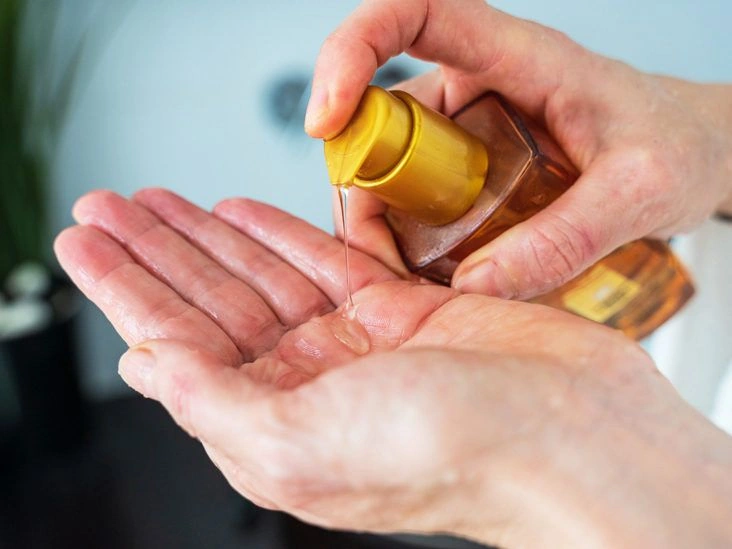
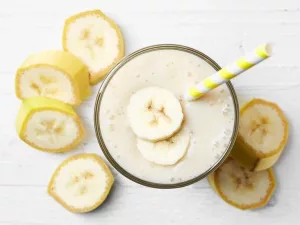












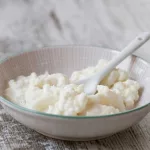

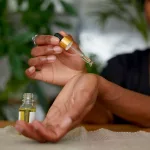



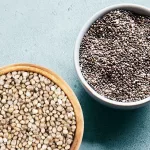


Leave a Reply
You must be logged in to post a comment.